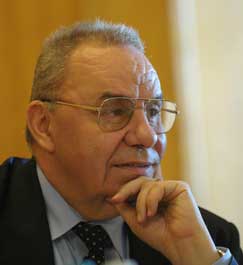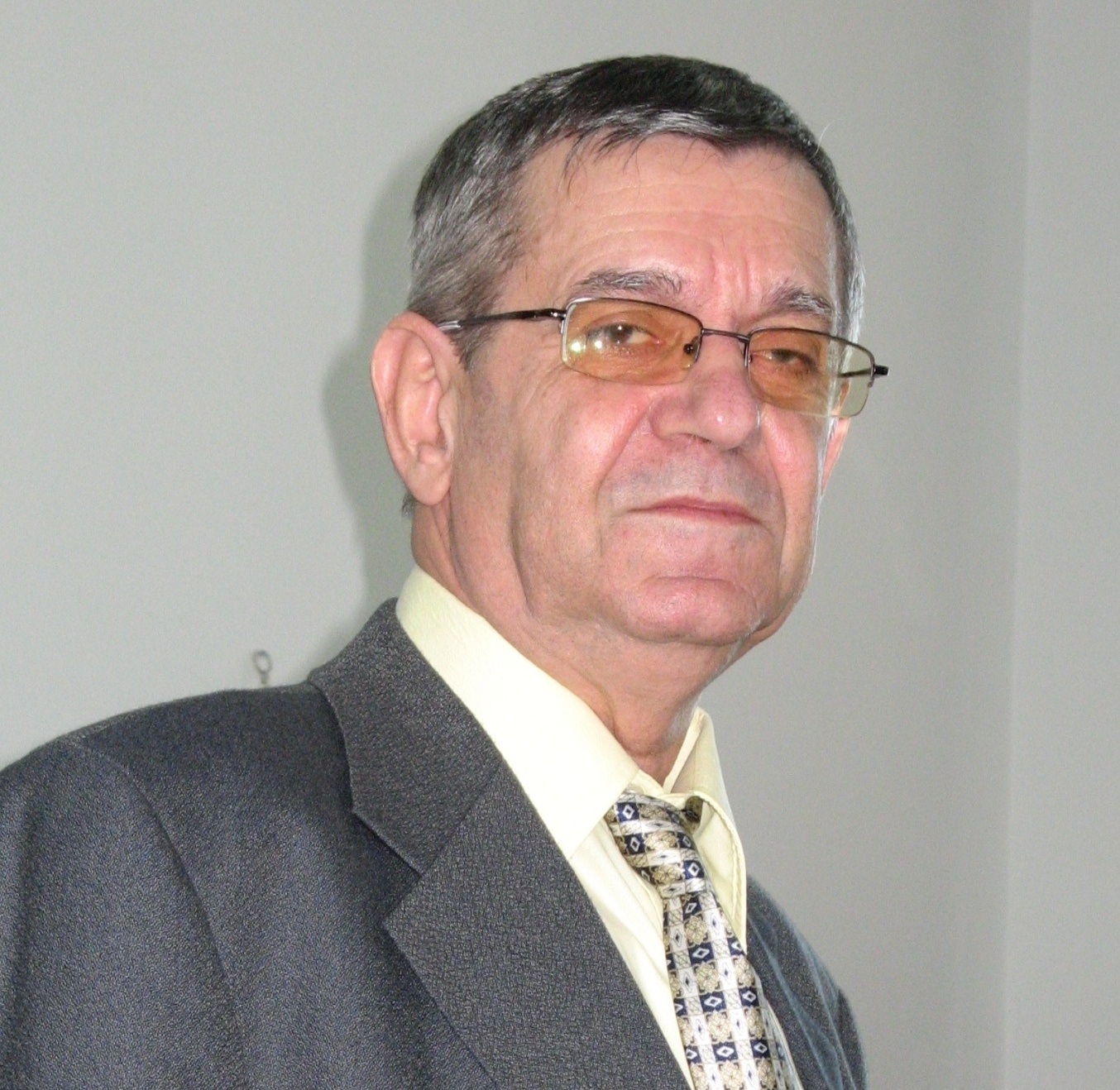Romania and Russia are the only two countries which made a violent transition from communism to democracy. The famous American historian John Lukacs, now in his nineties, explains this with the geographical isolation of the two countries: "The cathedrals of the Middle Ages, the Renaissance, the Baroque, the Illuminist Period - all these did not occur in Russia, Romania and its provinces of Moldova, Oltenia, Walachia, and Basarabia," Lukacs wrote. In other words, Romania was not part of Europe.
I am one of the staunch admirers of Lukacs, but also of my native land. The Kingdom of Romania I was born into was one of the centers of European culture, and its capital was nicknamed Little Paris for a reason.Gheorghe Sincai, the founder of Romanian modern education, set up over 300 schools in Romanian language in the 19th century and is one the leading members of the Illuminist Period, along Voltaire, Diderot and Herder.
Nicolae Balcescu, the soul and engine of the 1848 Revolution in Romania, was influenced by the French Revolution.
While George Enescu, Constantin Brancusi and Traian Vuia, titans of the 20th century European music, art and science, respectively, were educated and fully trained in Romania.
In December 1989 the Romanian people freed itself from the communist rule and brought down the wall that separated the country from the rest of the world. A new generation of Romanians is striving now to create a new national identity able to compete in the contemporary Western world. Lukacs is one of the most prolific and widely read contemporary historians. The list of the works he authored is 47 pages long and their scope expands from the neo-Whiggish radicalism of the 19th century to the quantitative history and current trends in psychology.
When I finished reading his 935-page long book "Remembered Past" I was sorry there was not a second volume to follow. His book "The Duel," about Churchill and Hitler, is fascinating, and "Hitler of History" explained the populism which made the appeal of this dictator better than all previous studies.
While his book, "A New Republic: A History of the United States," gives one of the most authorized analysis of America since Tocqueville. Why is then wrong Lukacs with respect to Romania?
Because of his stance on communism, of which he thinks that it was "A Russian heresy enforced by military force on Europe and maintained by the power of terror prompted by the political police". According to Lukacs, communism had a popular appeal in Russia alone, while in Europe was shared only by "mentally deranged intellectuals." In his view, if Hitler would have conquered Moscow and defeated Stalin in 1941, communism and communists would not have existed in Europe.
Hence he draw a political frontier on our Western borders, adding the current disregard of post communist governments to the rule of law and sanctity of private property to his conclusion that Romania was never part of the European culture and democracy. Well, when one has the opportunity of leading two separate lives, as I did, one gets more chances at understanding history.
In my previous life, that of a communist Securitate general, I took part in spying on Romanian citizens and had access thus to ample proof that the majority of the population loathed communism.
This is why the prison cells run by the Securitate were filled with political prisoners. Still, after the demise of communism, Romania had the misfortune to not be ruled by strong reformers like Havel and Walesa, but by leaders who applied double standards: while publicly stating their loyalty to NATO the new president of Romania sIon Iliescut was signing a secret agreement with Moscow, in 1990, which stated that the country will not become part of any military alliance detrimental to the Soviet Union.
And, while the Romanian Government publicly claimed that it severed any subordination of its intelligence services to those in Moscow, Romanian intelligence services secretly cooperated with the Russian ones to compromise the American Consul in Bucharest, Mark Sullivan, and recruit the head of the CIA cell in Bucharest, Harold Nicholson, who was sentenced in 1997, in the U.S., for espionage. Both operations were conducted by Virgil Magureanu, head of the Counter Intelligence Service, and Fiodor Bondari, officer of the Russian espionage service (Tsentralnaya Sluzhba Razvedki) who worked under diplomatic cover in Bucharest.
Germany needed five decades to reach that point. Only in 1992, Count Klaus von Stauffenberg and the other Germans who "betrayed" Hitler could have their good name restored via an exhibition at the U.S. Library of Congress. I was present at its opening and I still recall the words said then by the German Chancellor and the American President, who both explained why it took so many years to rehabilitate the people who helped the Allies in their fight against the Nazis. This is why only in May 1998 the German Bundestag could pass the Law for annulment of sentences and complete rehabilitation of the people condemned on political grounds by the Nazi regime. Horst Heyman, the president of the parliamentary commission which drafted that law, apologized to the German people because the German Parliament took 50 years to arrive at such a decision. Now the German fighters against the Fascism and Communism are honored in the museum of history of the German Federal Republic. (Haus der Geschichte der Bundesrepublik Deutschland). Communism and its Romanian watch-dog - Securitate - were not born in Romania.
They were imported from Moscow and we should not wait for another generation of Romanians to be born in order to condemn their crimes.
Moreover, a new middle class is now emerging in Romania and a president willing to adopt a lustration law took office. It follows that a Parliament free of former communists would be able to pass a law which will annul the still valid sentences passed by the former Securitate and create a museum dedicated to the crimes of communism, in order to avoid them being repeated.
Translated by Anca Paduraru









